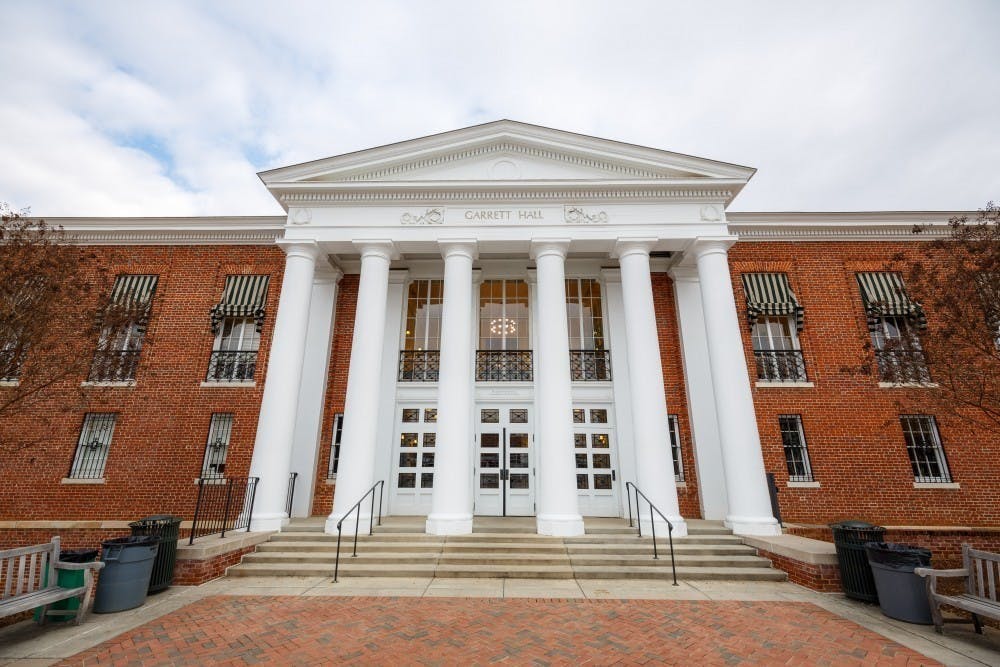Within the University, there are multiple schools that specifically cater to a particular area of study — such as the McIntire School of Commerce or Frank Batten School of Leadership and Public Policy. Certain degrees only exist within these schools — a Bachelor of Science in Commerce, for example, can only be obtained through McIntire. For certain schools, a student is able to apply directly out of high school and start at the University enrolled in that program. However, for McIntire and Batten, students are typically required to wait until their second year, as each of these schools has a minimum credit requirement that a student must reach before applying. The University also requires students who wish to apply into these programs to pay a fee of $75 simply to submit an application. The requirement of an application fee should be abolished, as the University should encourage academic exploration rather than discourage it with a fee.
College is supposed to be a time of exploration for students, a chance to really discover what their future career goals are. As such, the University should not hinder the ability of students to explore their academic curiosity with fees. Students applying to these schools within the University are typically 19 or 20 years old and often do not have their entire futures planned out. They deserve the right to contemplate several different future paths without obstacles put in place by the University, especially when we consider how much students are paying in tuition and fees.
I understand that to many this may seem like a feeble argument over $75, which is not a high price in the eyes of many students at the University. However, we should recognize that low-income students exist at this University and deserve the same opportunities for academic exploration as other students. The schools do offer application fee waivers for students who believe they may qualify for one, meaning if the University decides that a student is unable to pay the application fee, a waiver may be granted which would allow a student to apply without paying the fee.
However, the process of applying for an application fee waiver only provides another obstacle for disadvantaged students, as the responsibility now falls on these students to prove to the University that they cannot afford this fee. There are also students who may be deemed too wealthy to be granted a waiver, but who still have to worry about the burden the fee places on them. Even students who are able to pay this application fee may choose not to apply simply because they do not want to spend the money on something they are not sure of.
The University was founded on the value of intellectual curiosity, yet these fees only disincentive students from trying out a wide range of academic possibilities. Applications into each of these schools is due immediately after the first semester of a student’s second year. It seems ridiculous to require that students be completely sure of their major at this time. The University, with this policy, is requiring that students spend a non-refundable $75 on something that they may decide to opt out of.
These application fees really don’t seem to serve any purpose in raising the University money. In 2019, there were 560 applicants into the Mcintire School of Commerce. This would, at most, have raised the University $42,000, which is less than full out-of-state tuition for one student, without adding the additional $10,000 in tuition that comes with admission into McIntire. Batten, similarly, sees the same hike in tuition, with even fewer applicants — only 200 in 2019. Given this reality, it appears the University is using these application fees to discourage students who are unsure of their futures from applying to these schools.
This $75 fee only serves as an obstacle to students — it is not a major aspect of the University’s revenue. In fact, we’ve seen that its an insignificant amount of money compared to how much money this University makes from other sources such as tuition. As a public school, the University should push its students to be curious and discover new areas of study. If the University wishes to really provide this opportunity to students, these fees must be abolished.
Zack Pasciak is an Opinion Columnist for The Cavalier Daily. He can be reached at opinion@cavalierdaily.com.







